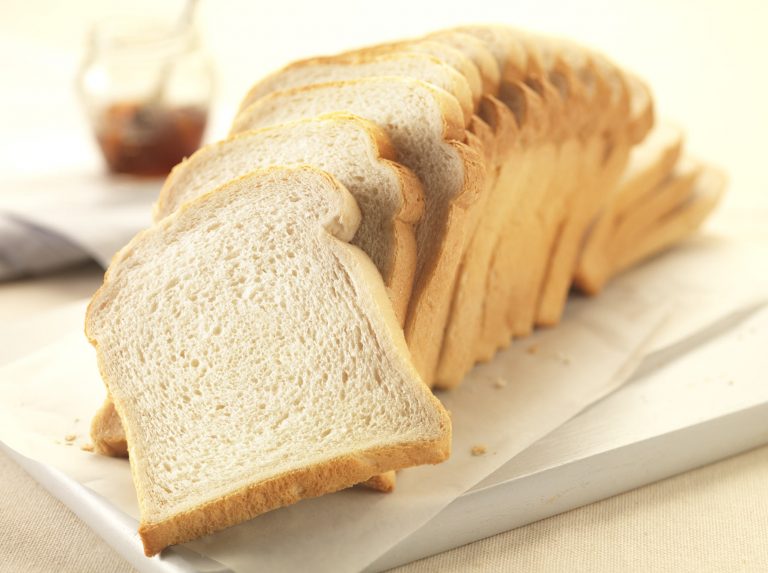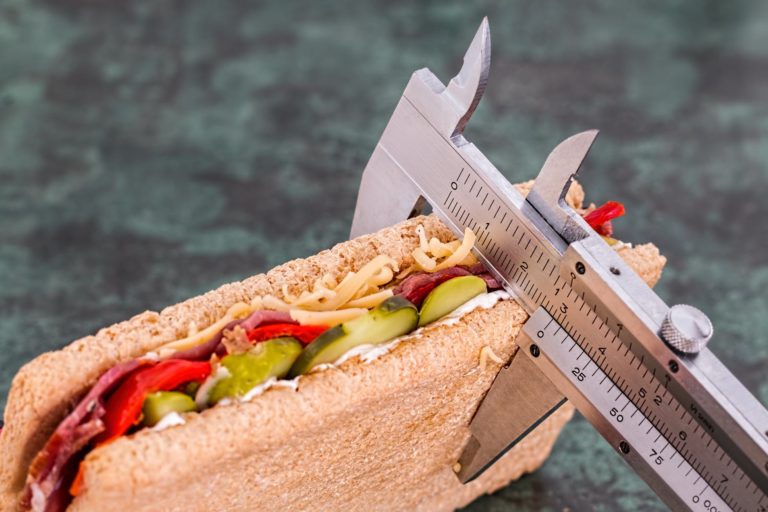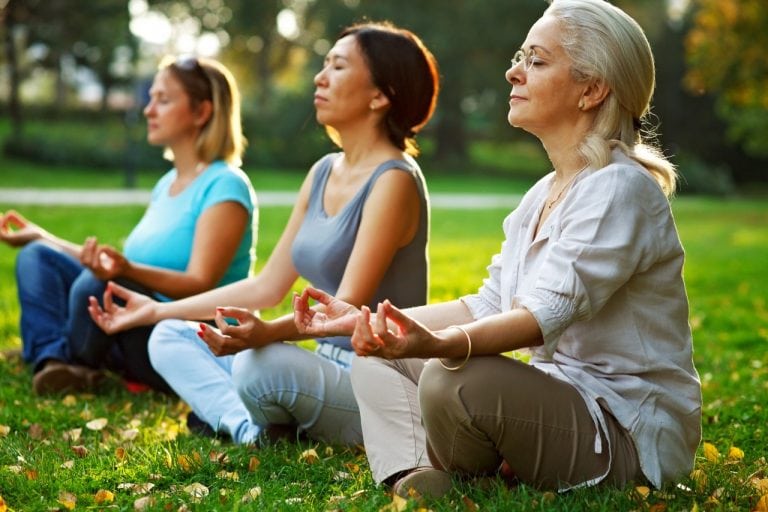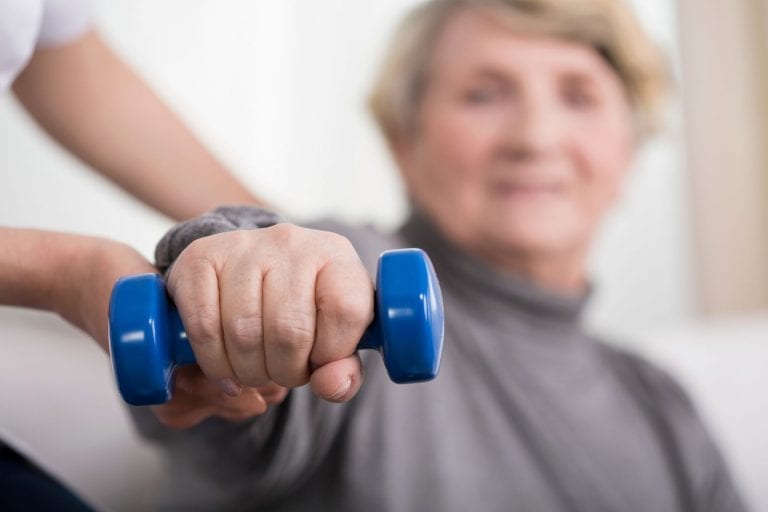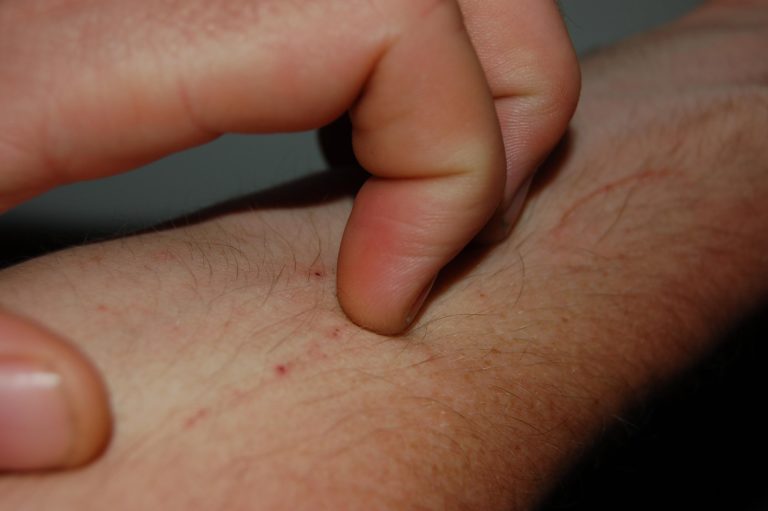Power down

“Sleep is not an on-off switch,” says Michael Breus, PhD, author of Good Night: The Sleep Doctor’s 4-week program to Better Sleep and Better Health. “It’s like slowly taking the foot off the gas and putting on the break—there’s a process that has to occur.” Spend a few minutes preparing your clothes for the next day, go for a walk, make your lunch, wash up and get into PJs, doing a little bit of exercises will help you fall asleep.
Wake up at your usual hour
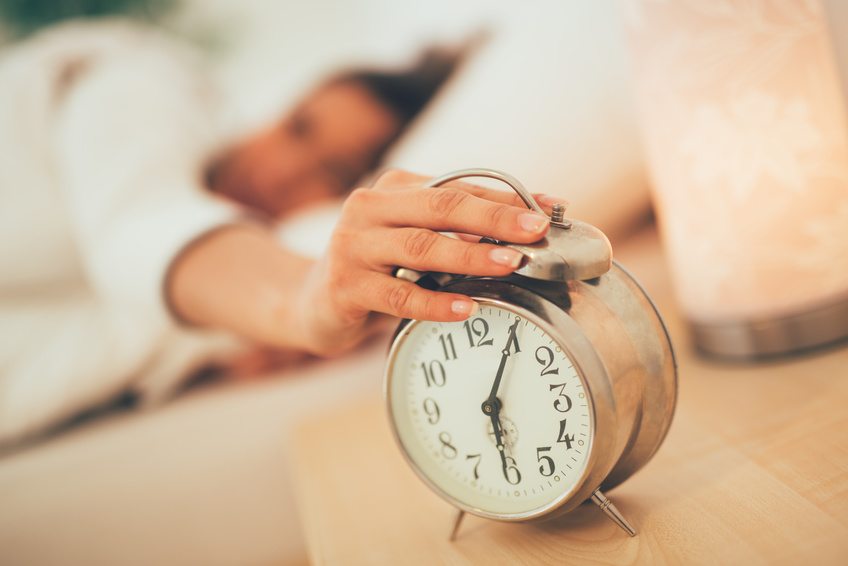
It could be a temptation to wake up late on weekends, but it’s better to wake up at your usual hour. “This is so important,” says Cathy Goldstein, MD, neurologist at the Sleep Disorders Center at the University of Michigan.
“If we shift our sleep and wake times later—for example, sleeping 10 p.m. to 6 a.m., during the week and 1 a.m. to 9 a.m. during the weekends—we push our internal clock later, then come Monday morning it’s like we’ve flown from California to New York over the weekend—we have social jet lag.”







